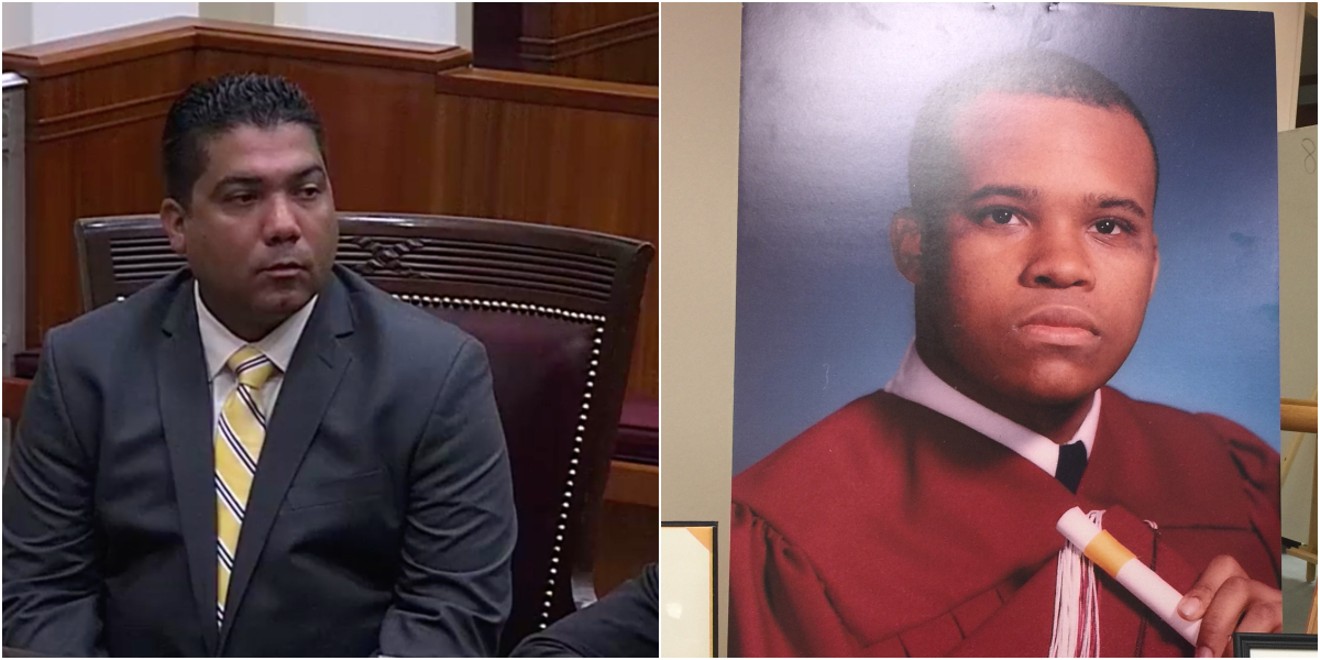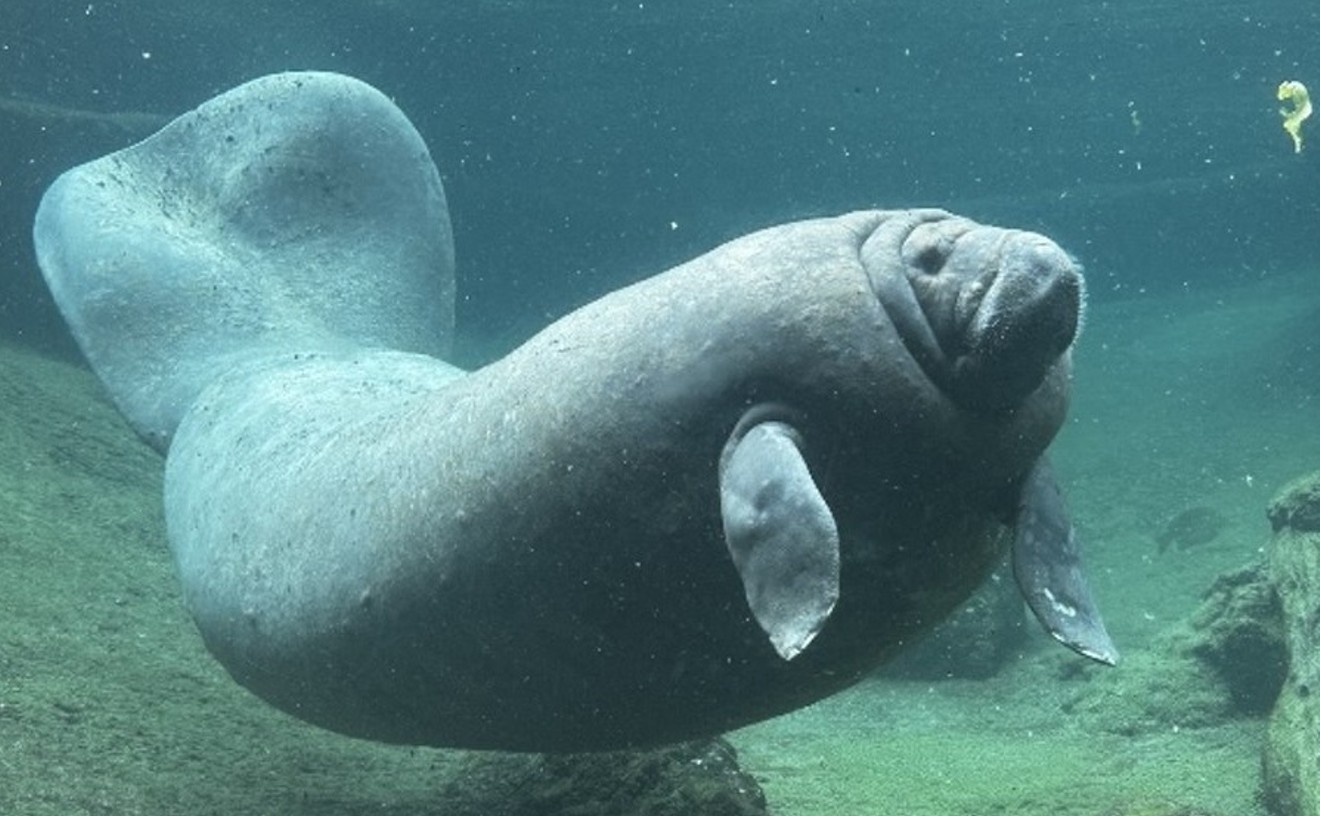In 2005, the Florida Legislature passed arguably the state's most controversial law, Stand Your Ground. Now, the question of whether or not cops can use that defense when they kill people comes down to how the state's highest court defines the word "person."
This past Tuesday morning, the Florida Supreme Court heard arguments about whether a law enforcement officer is, legally speaking, considered a "person." The court's decision, which could come in several weeks or months, will have huge implications for future police-involved shootings and how they are prosecuted by the state.
The debate stems from a 2013 on-duty shooting by Broward Sheriff's Dep. Peter Peraza that ended with the death of 33-year-old computer engineer Jermaine McBean. After being charged with manslaughter, Peraza was the first cop in Florida to claim self-defense under Stand Your Ground, which says a "person" can use deadly force if they fear for their safety. Just like that, the charge was dismissed.
The Florida Attorney General's Office filed an appeal, arguing that legislators never intended for Stand Your Ground to be used by police. Strangely, the bulk of the debate comes down to the definition of a "person." The state is adamant that "person" is meant to imply a civilian; Peraza's lawyers say it's obvious an officer is also a "person."
"Deputy Peraza is here in the courtroom today not just as a law enforcement officer but as a person, because law enforcement officers are people too," Peraza's defense attorney, Eric Schwartzreich, deadpanned Tuesday.
But Melanie Surber, a lawyer for the state, argued that officers should be held to higher standards than the average citizen.
"It says 'any person'; however, police officers have never been considered 'any person,'" Surber told the court.
In Peraza's case, the deputy was called to investigate after two people spotted McBean carrying an air rifle as he walked down the street. According to Peraza, McBean refused orders to drop the air rifle and then pointed it toward officers. But a photo that surfaced in 2015 showed McBean wearing earbuds as he lay dead, suggesting he never heard the officers' commands.
Since Peraza invoked Stand Your Ground, a handful of other Florida cops have also claimed immunity under the law. Last year, Miami-Dade Circuit Judge Norma Lindsey found that Miami Police Sgt. Moses Martinez and Officer Walter Byars "reasonably feared" for their safety when they used force against a man and his wheelchair-bound brother in a 2010 altercation.
While Peraza's fate hangs in the balance, so does the fate of Stand Your Ground. Just this week, the Miami Herald polled 50 state leaders and found the majority believe Florida should hold a special session to address concerns about the law. The winner of Tuesday's Democratic gubernatorial primary, Andrew Gillum, has also called for the statute to be repealed.
[
{
"name": "Air - MediumRectangle - Inline Content - Mobile Display Size",
"component": "19274298",
"insertPoint": "2",
"requiredCountToDisplay": "2"
},{
"name": "Editor Picks",
"component": "17482312",
"insertPoint": "4",
"requiredCountToDisplay": "1"
},{
"name": "Inline Links",
"component": "18711090",
"insertPoint": "8th",
"startingPoint": 8,
"requiredCountToDisplay": "7",
"maxInsertions": 25
},{
"name": "Air - MediumRectangle - Combo - Inline Content",
"component": "17482310",
"insertPoint": "8th",
"startingPoint": 8,
"requiredCountToDisplay": "7",
"maxInsertions": 25
},{
"name": "Inline Links",
"component": "18711090",
"insertPoint": "8th",
"startingPoint": 12,
"requiredCountToDisplay": "11",
"maxInsertions": 25
},{
"name": "Air - Leaderboard Tower - Combo - Inline Content",
"component": "17482313",
"insertPoint": "8th",
"startingPoint": 12,
"requiredCountToDisplay": "11",
"maxInsertions": 25
}
]












